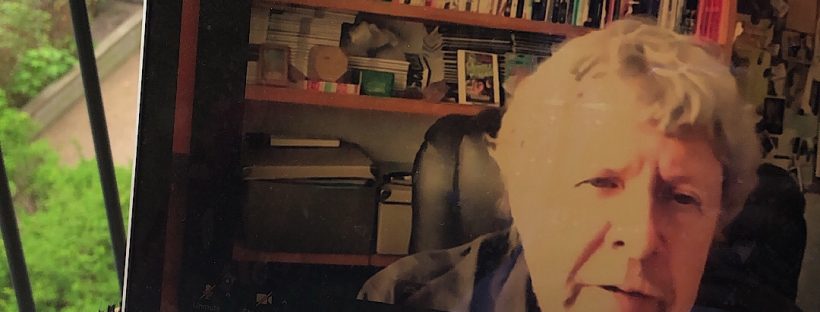Currently reading various materials on depression and EA (existential analysis) approach is very life affirming.
Depression is defined as a blockage on the level of Second Fundamental Motivation, when it becomes impossible to see and experience the value of life, or fundamental value.
Life is then considered as an ability to build and keep relationship with “being here”.
Depression the can be viewed as complicated relationships with life.
Life is young, vigorous, connected with nature and body.
When we consider ‘life’, then it is dynamic and strong images, filled with desire. Depression on the other hand, when a person can not plug into life, enter into life, then he/she misses it, is not part of it.
What is life for me? How are we part of our own lives? How do we enter it?
Life – means to relate to what is. Life – as a force, connection to movement and change. Life brings us to relation.
The inner experience of life strengthens the attitude “I like to enter life and be in relation with it”. It makes it possible to understand a deeper level of “the value of life as it is” – the fundamental value, how it is showing up in own biography and biographies of other people.
A few questions to consider:
“Do I like to live?”
“How I am here? How this relatedness impacts me?”
***
These are notes based on the article:
Existential Analysis of Depression. Origin, understanding and phenomenological approach to treatment by Alfried Längle.
Published in Moskowskij psichoterapewtitscheskij zhurnal 48, 1, 2006, 53-82
***
Should you have complicated relationships with life and would like to strengthen your subjective “like to live” – get in touch – I have some availability currently.
